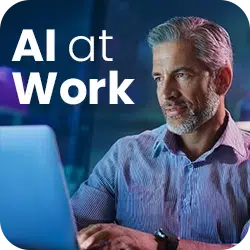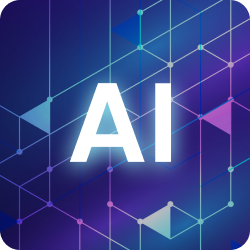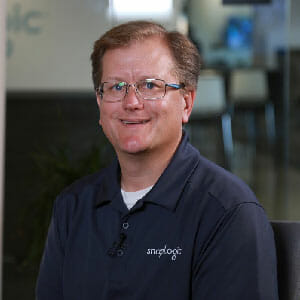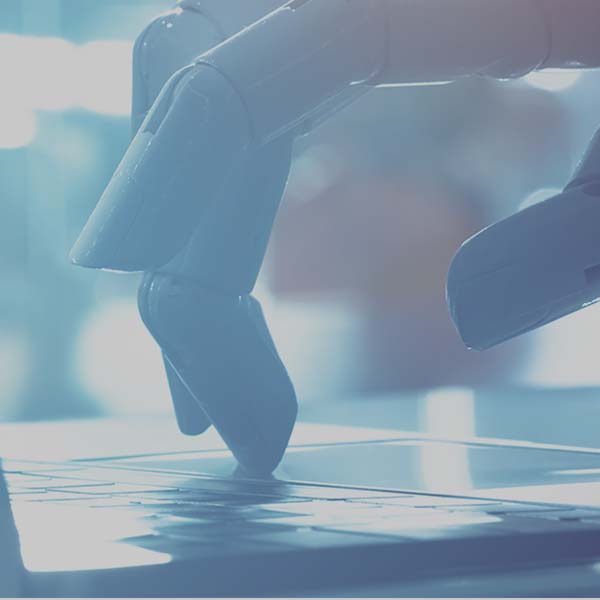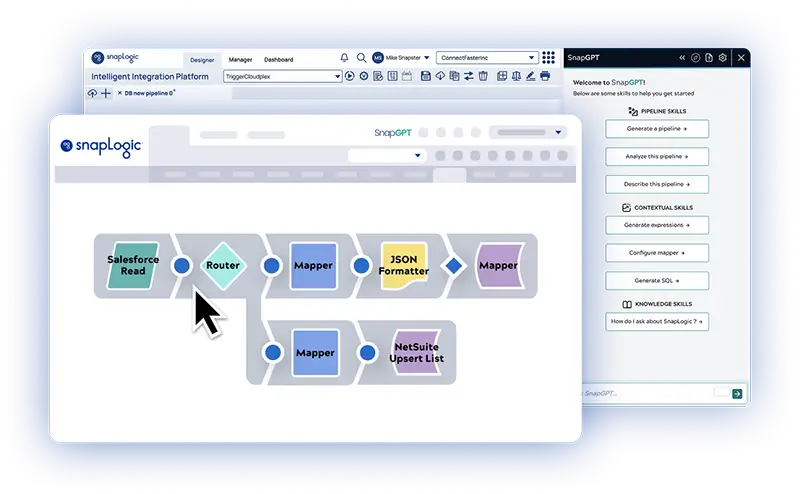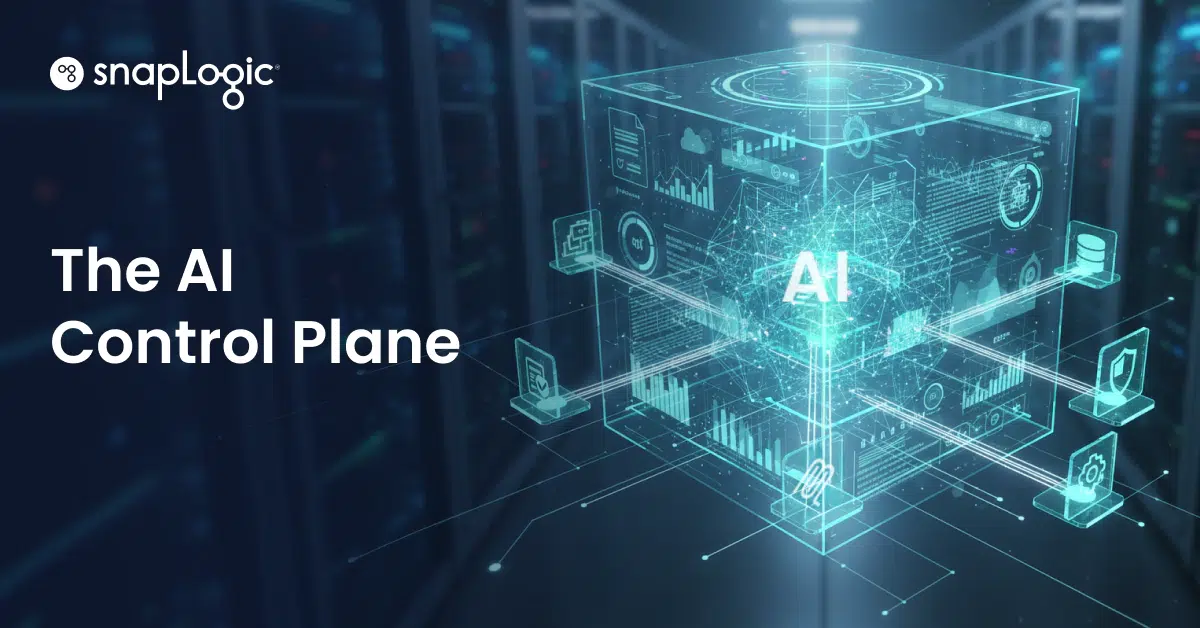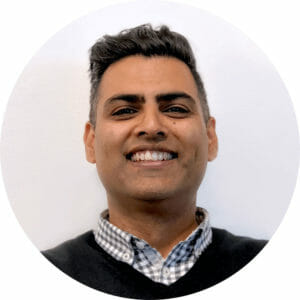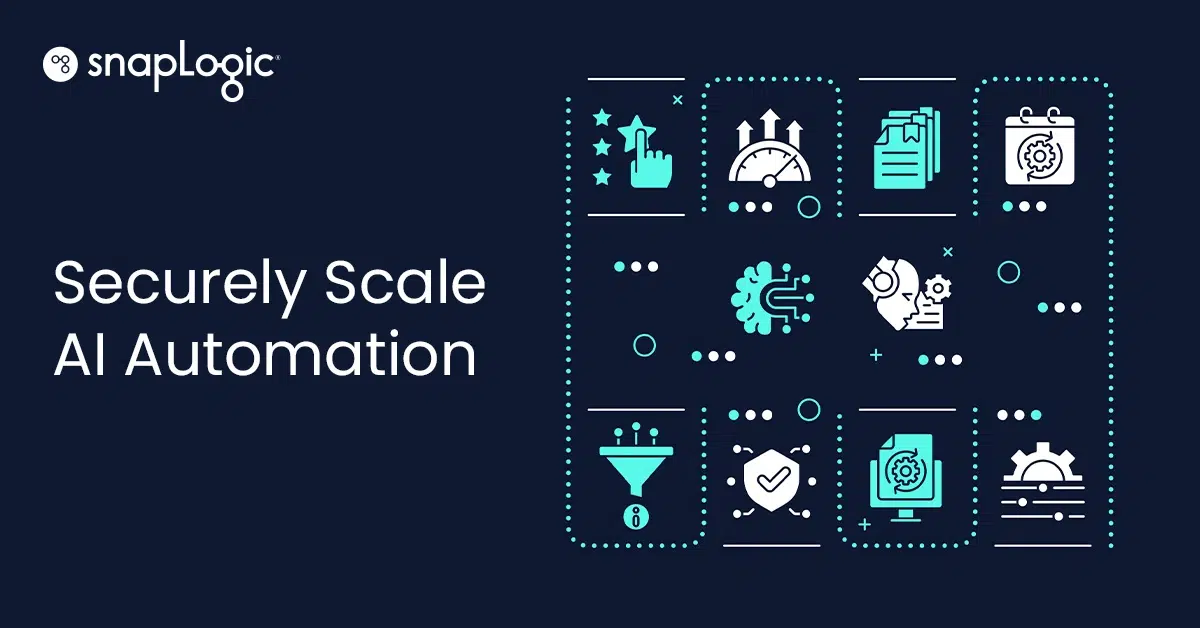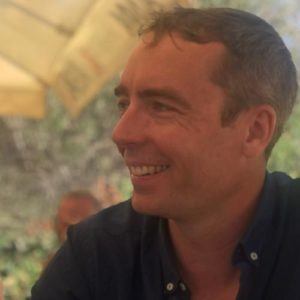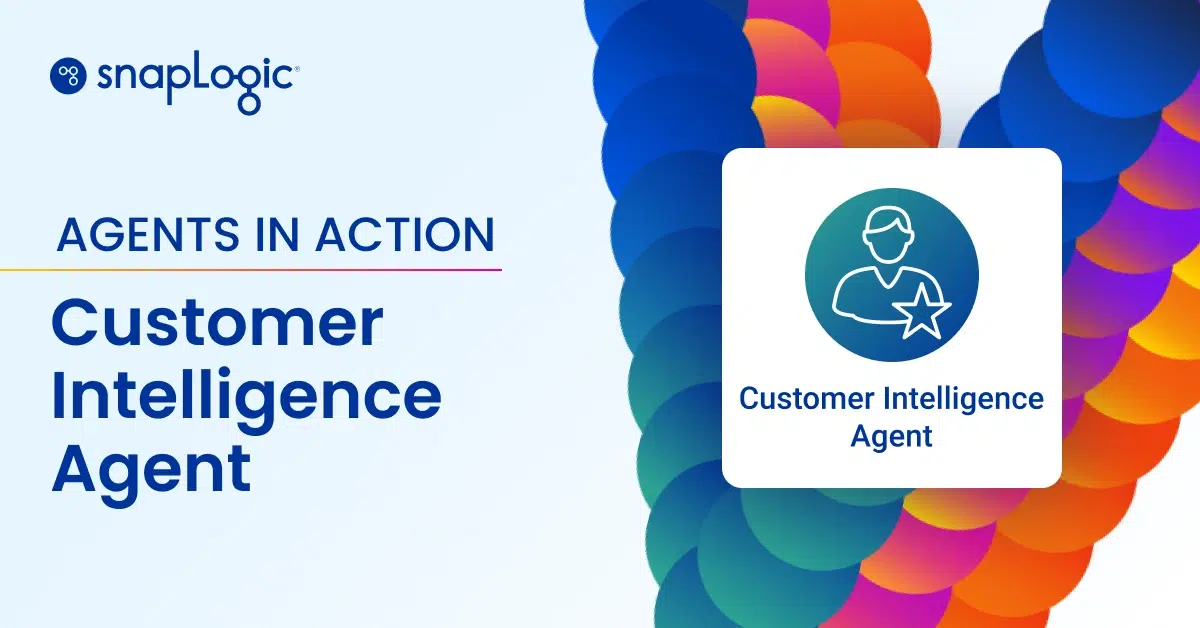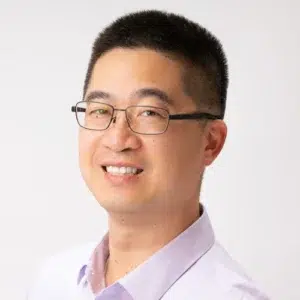This article by USF News writer Sayantika Mandal originally appeared on usfca.edu.
As the public embraces artificial intelligence (AI) in self-driving cars, virtual home assistants like Alexa, and even humanoid robots like Hanson Robotics’ Sophia, USF’s undergraduate and graduate computer science programs have teamed with Silicon Valley companies to train students in the technology behind these innovations: machine learning.
The partnerships — with companies like Twitter and iPhone app-builder SF Dev Shop — allow students to work on real-world projects and receive course credit at the same time, says USF computer science professor Greg Benson.
Benson is chief computer scientist at USF partner SnapLogic, a company that uses machine learning to help clients integrate their marketing, inventory management, and other business data. He has sponsored 30 student interns at the company since 2011, with some landing positions at Google, Amazon, and VMware.
From intern to expert to founder
During an internship at SnapLogic, master’s in computer science graduate Thanawut “Jump” Anapiriyakul MSCS ’17 built software that learned from customers’ past actions to make recommendations on how to speed up IT and other operations. Now he is a SnapLogic machine-learning engineer and has founded his own AI research company in his native Thailand.
Another success is Casey Haber ’18, an undergraduate computer science major who graduates in May and will join Two Six Labs, which helps the Department of Defense with cybersecurity.
Your job is waiting
In addition to helping students gain hands-on experience and build industry connections, such partnerships provide balance between computer science theory and real-world practice — making it easier for USF students to transition into jobs after graduation, Benson says.
In class, students focus on foundational programming concepts and learn to design and implement applications. Interning and working teaches them to collaborate with teams on large, ongoing projects.
“By exposing younger people to industry, the next wave of computer scientists will be equipped with not only the curiosity of the academic but the practicality and work ethic of industry. This, I hope, will spur the next great developments in AI,” says Benson.
Anapiriyakul chose USF for its focus on practical projects. His undergraduate program in Thailand concentrated almost exclusively on theory and research, so he didn’t have many opportunities to actually create useful tools until he came to San Francisco.
“USF classes helped me turn concepts into reality and polish my practical skills,” Anapiriyakul says.
